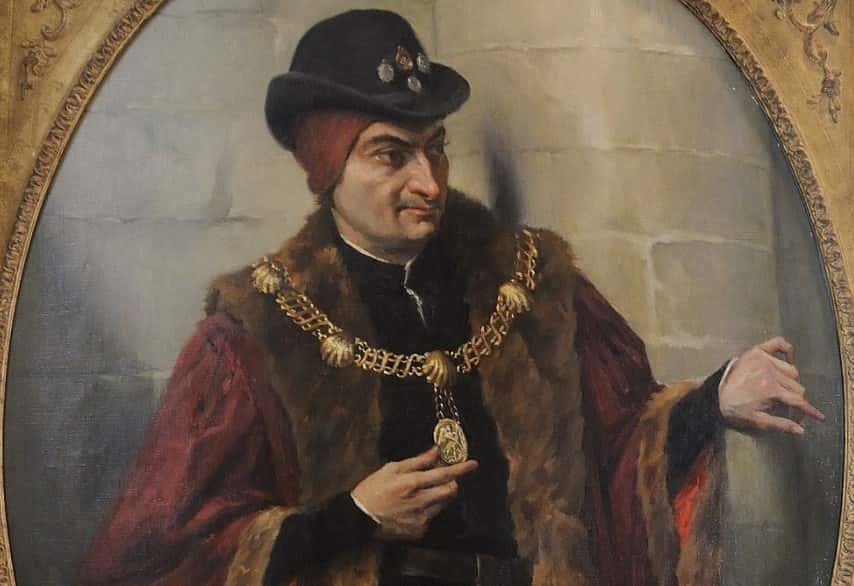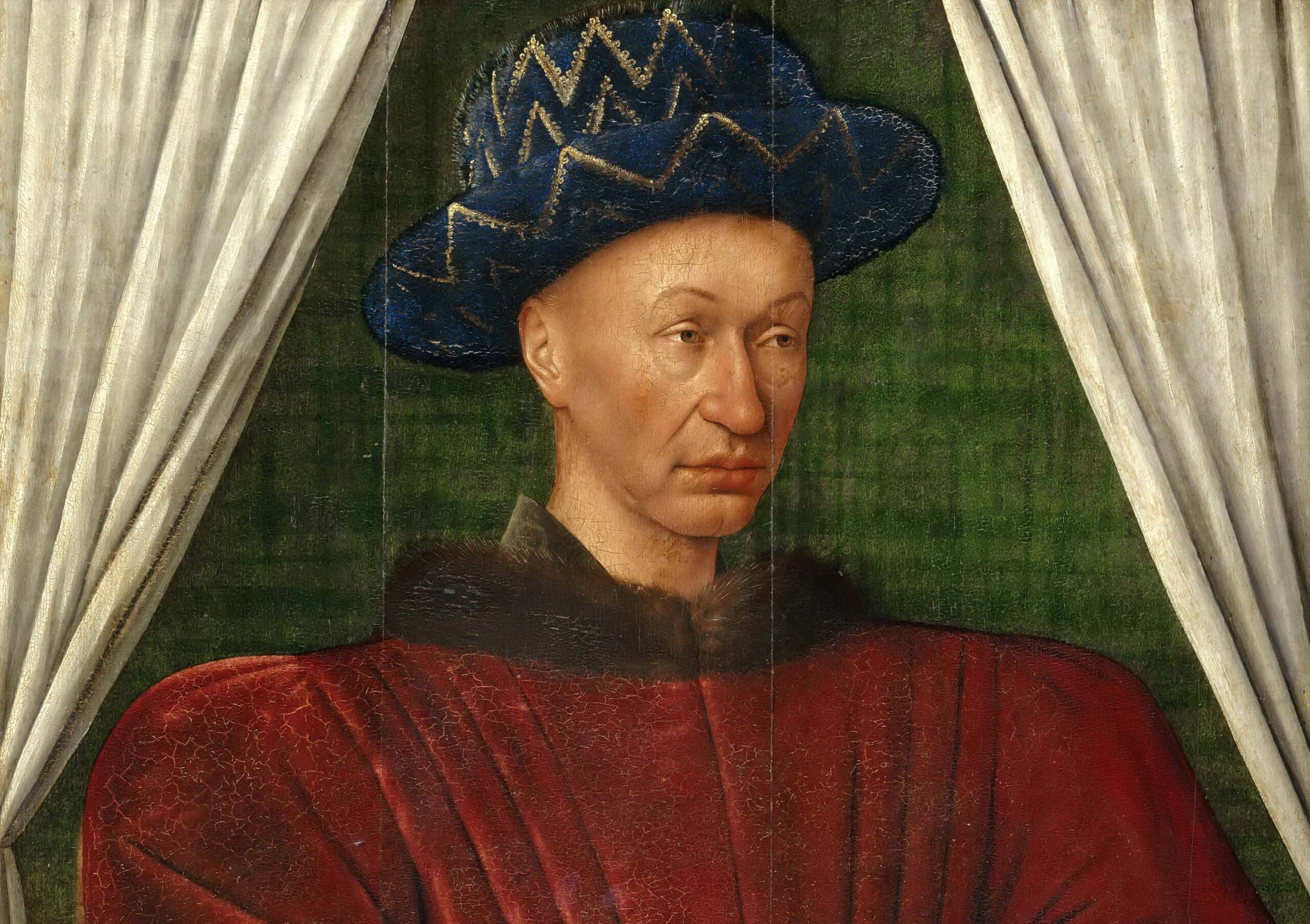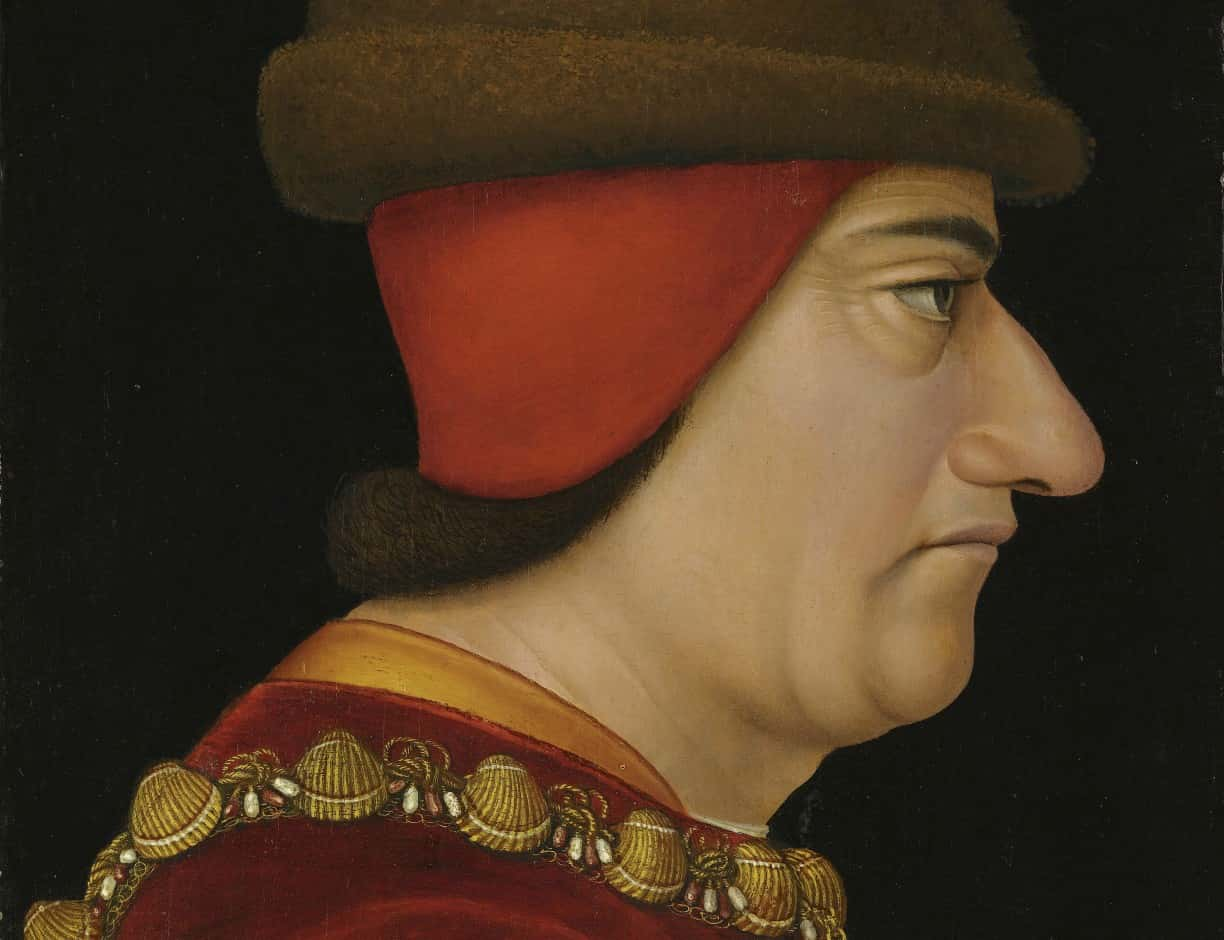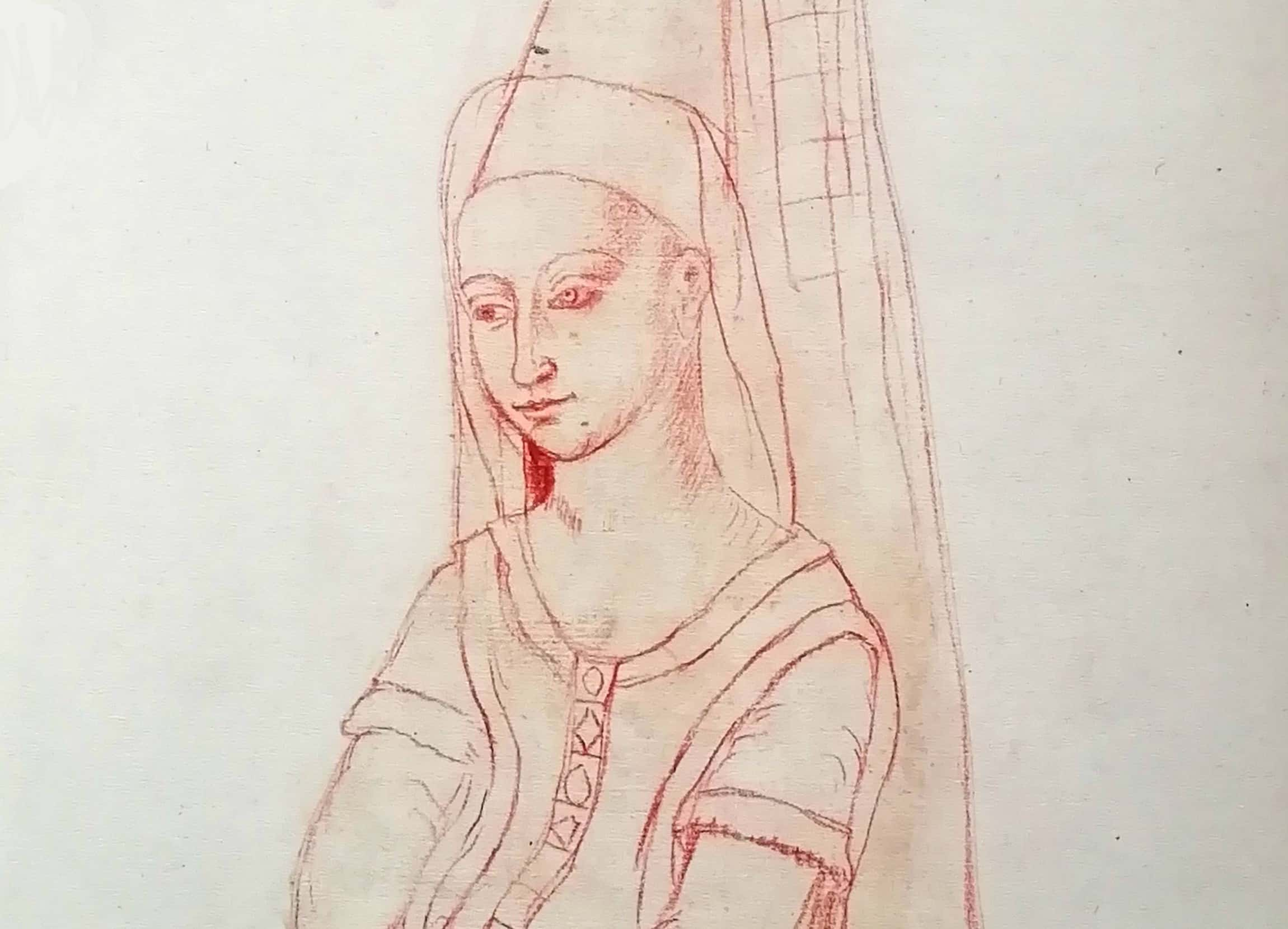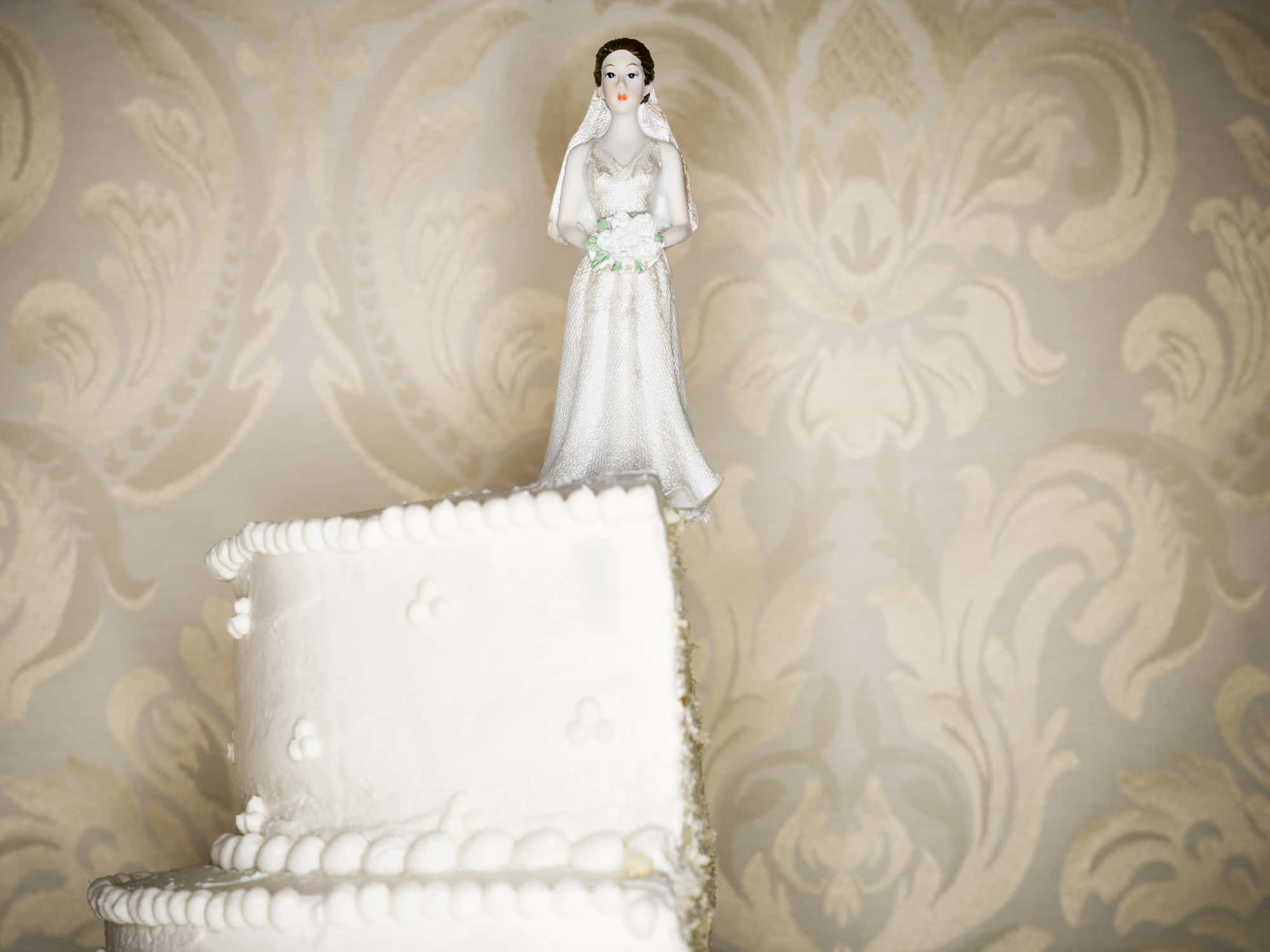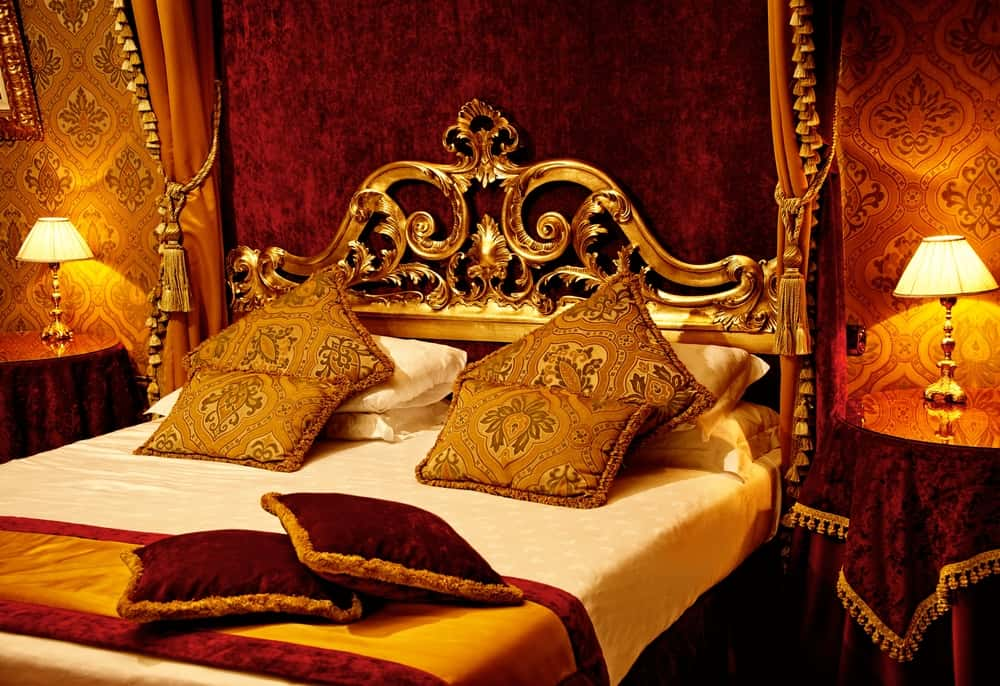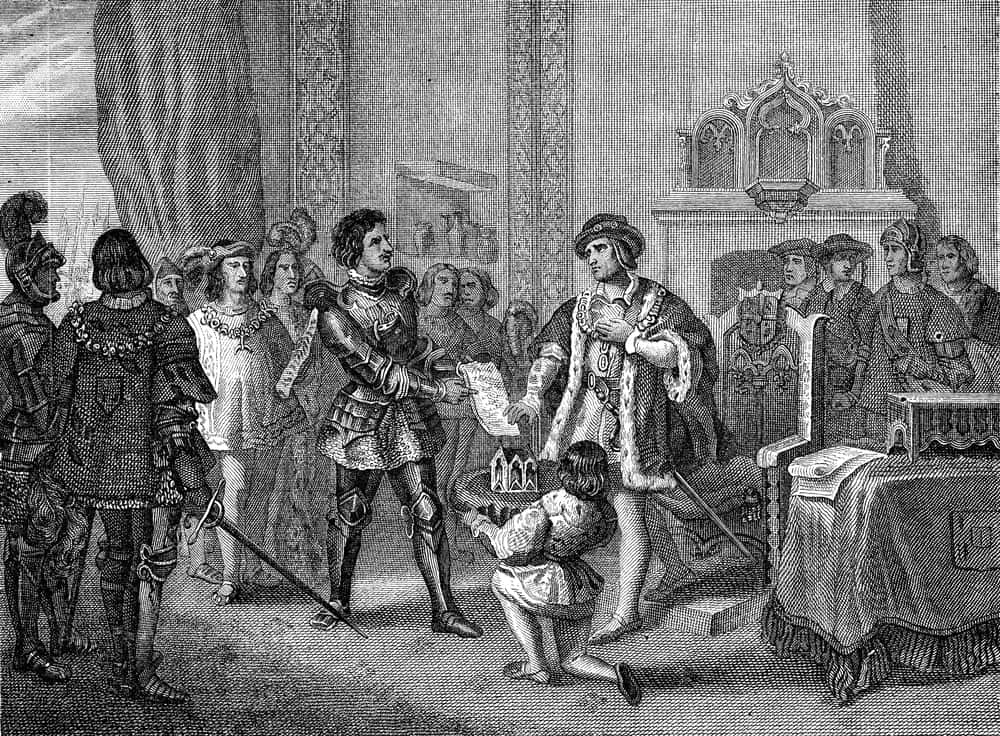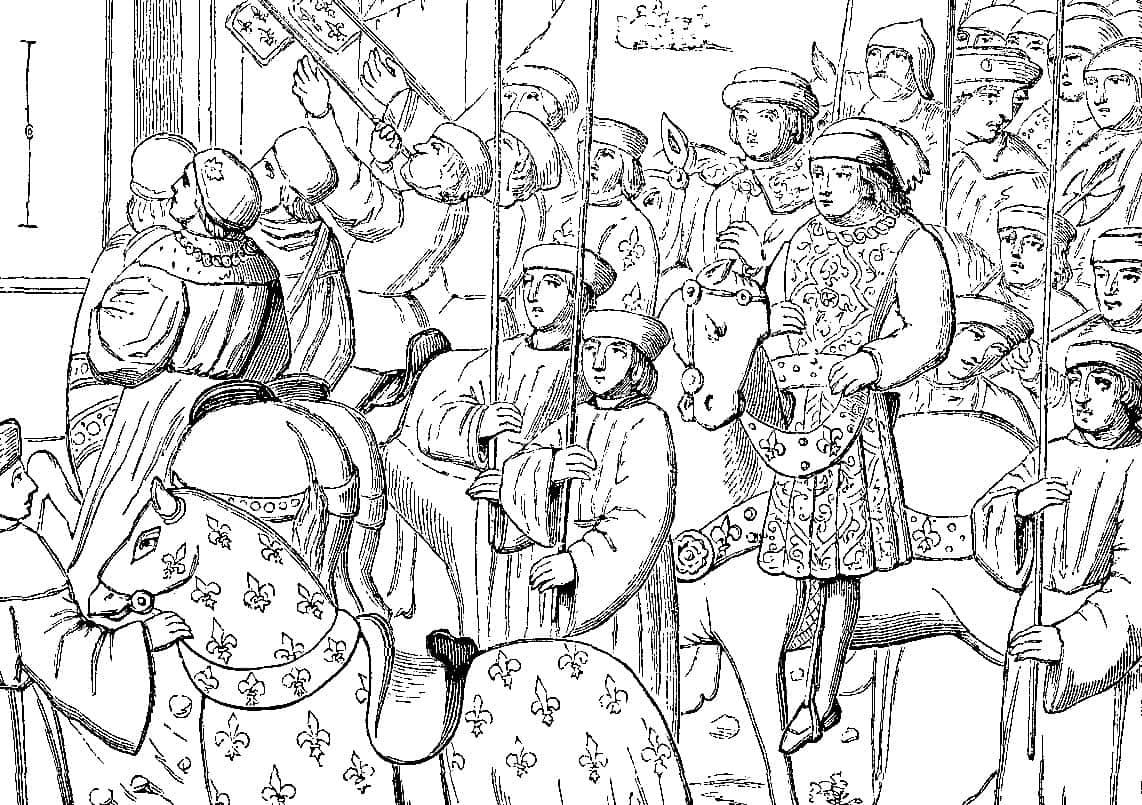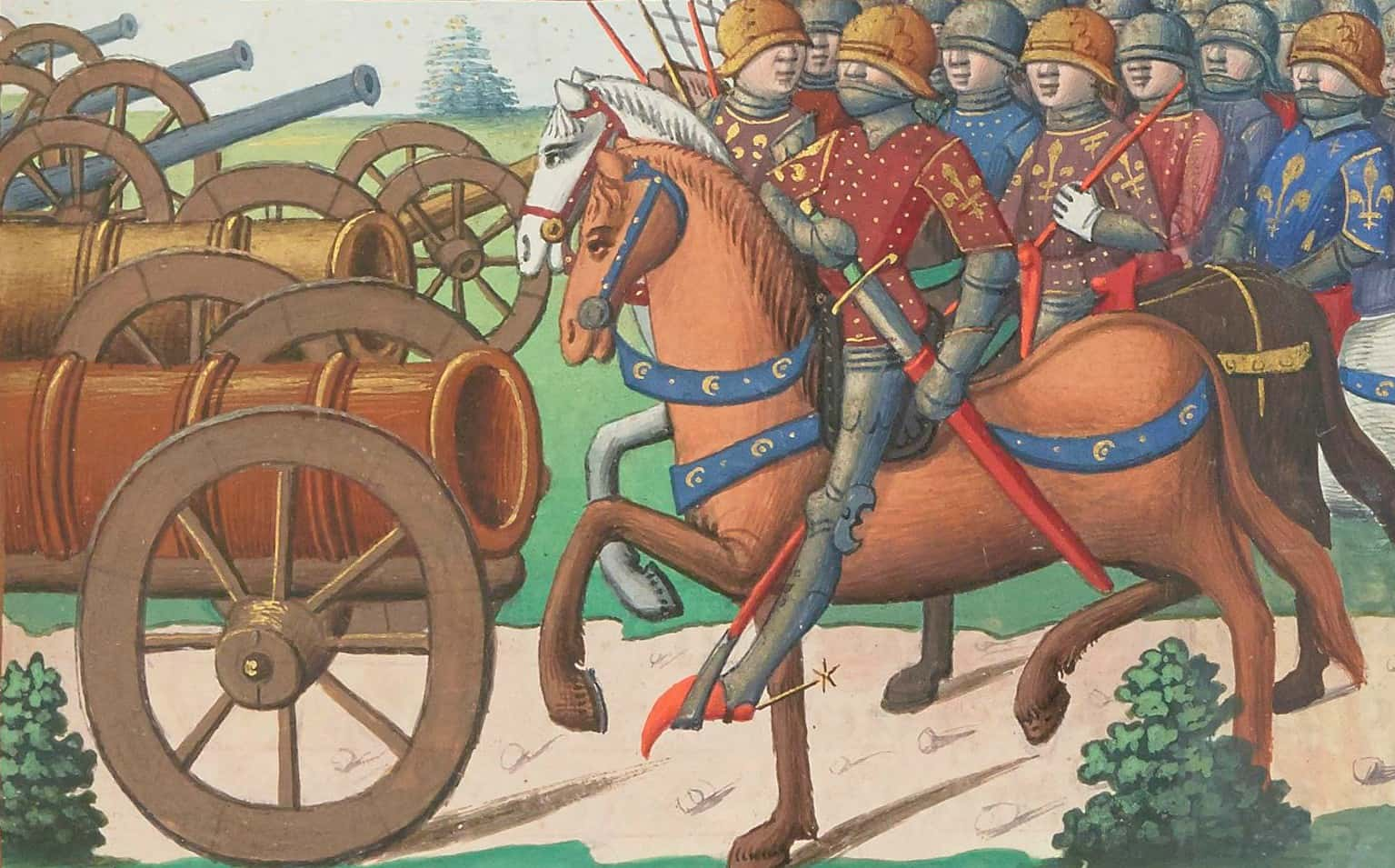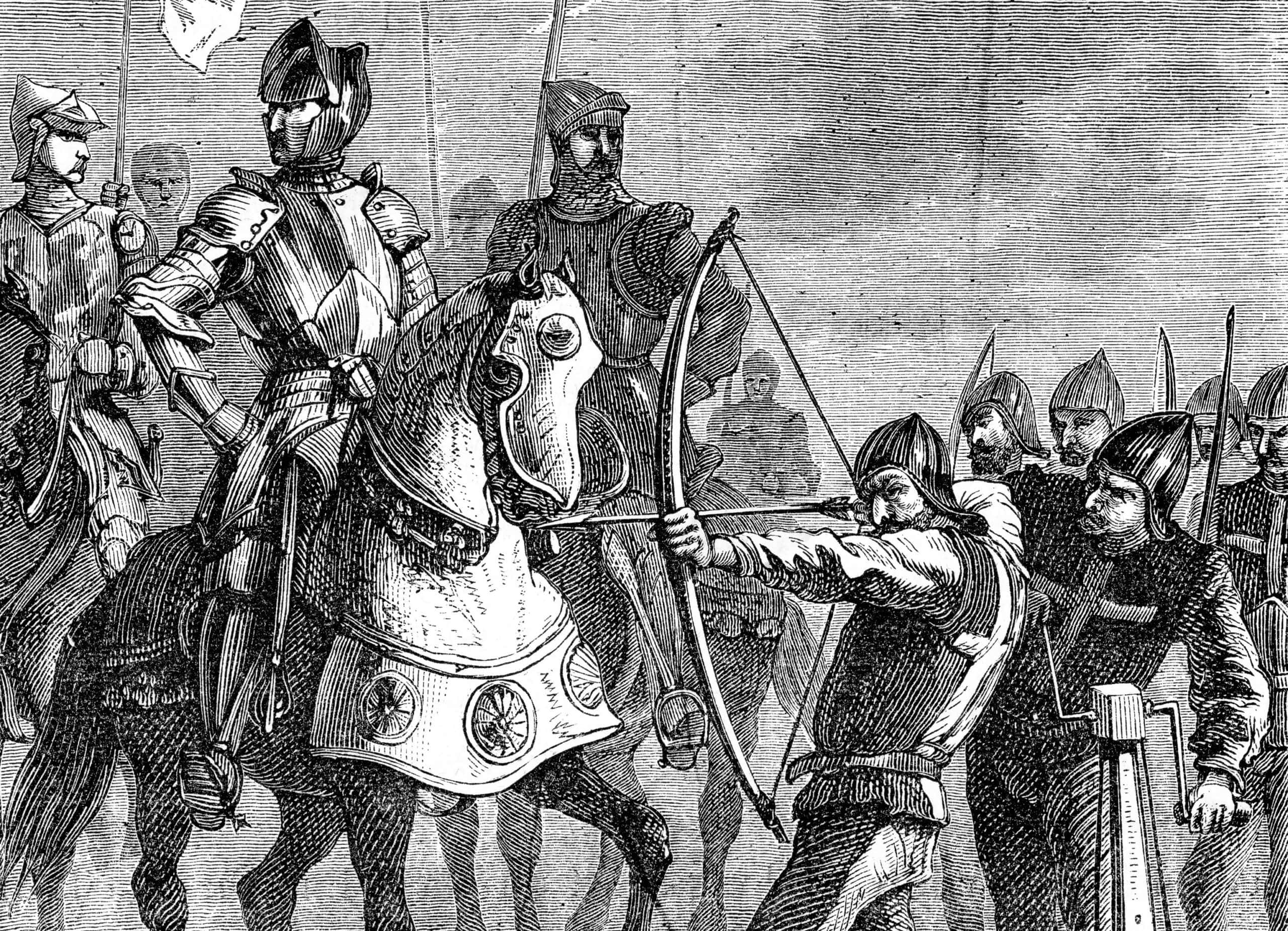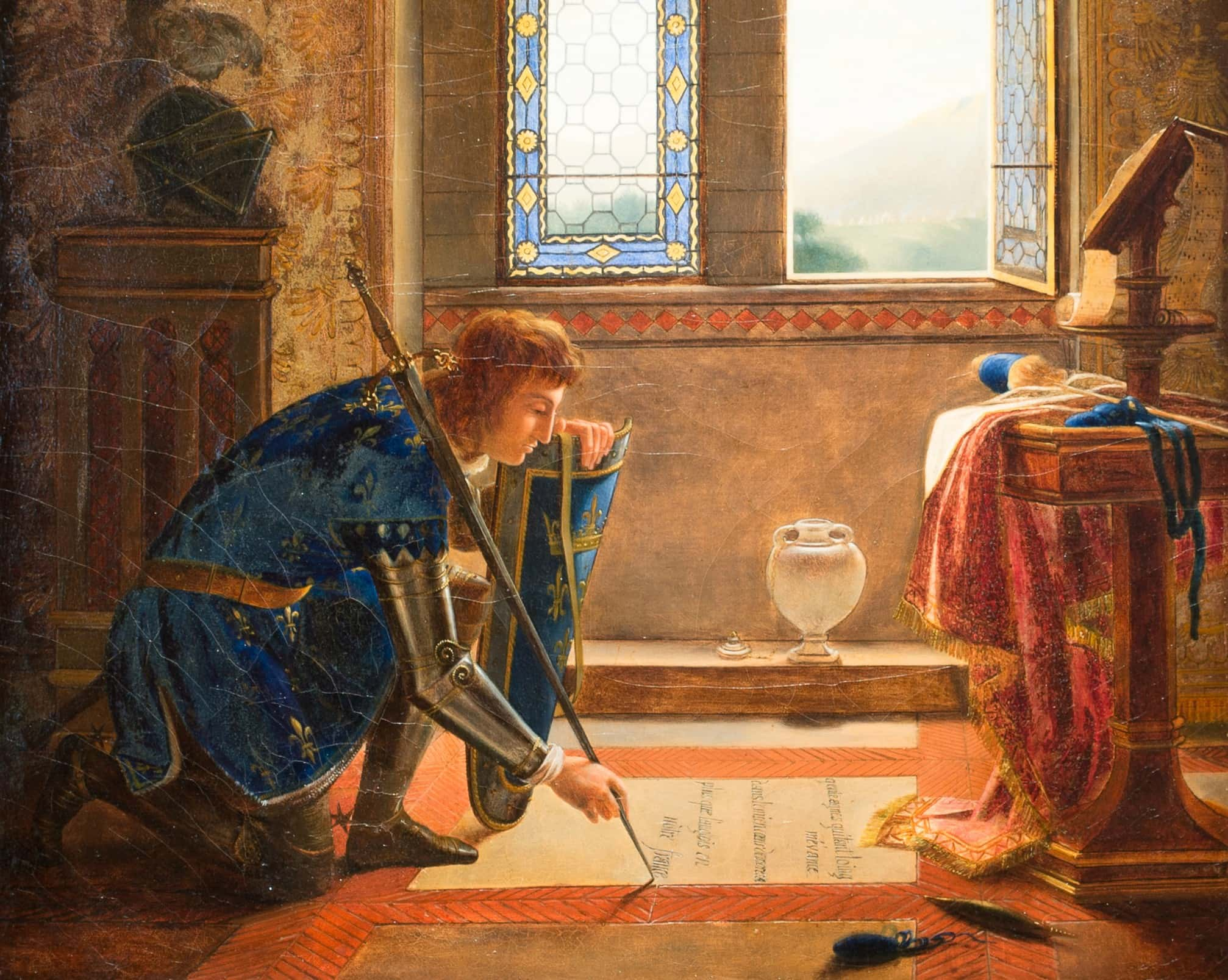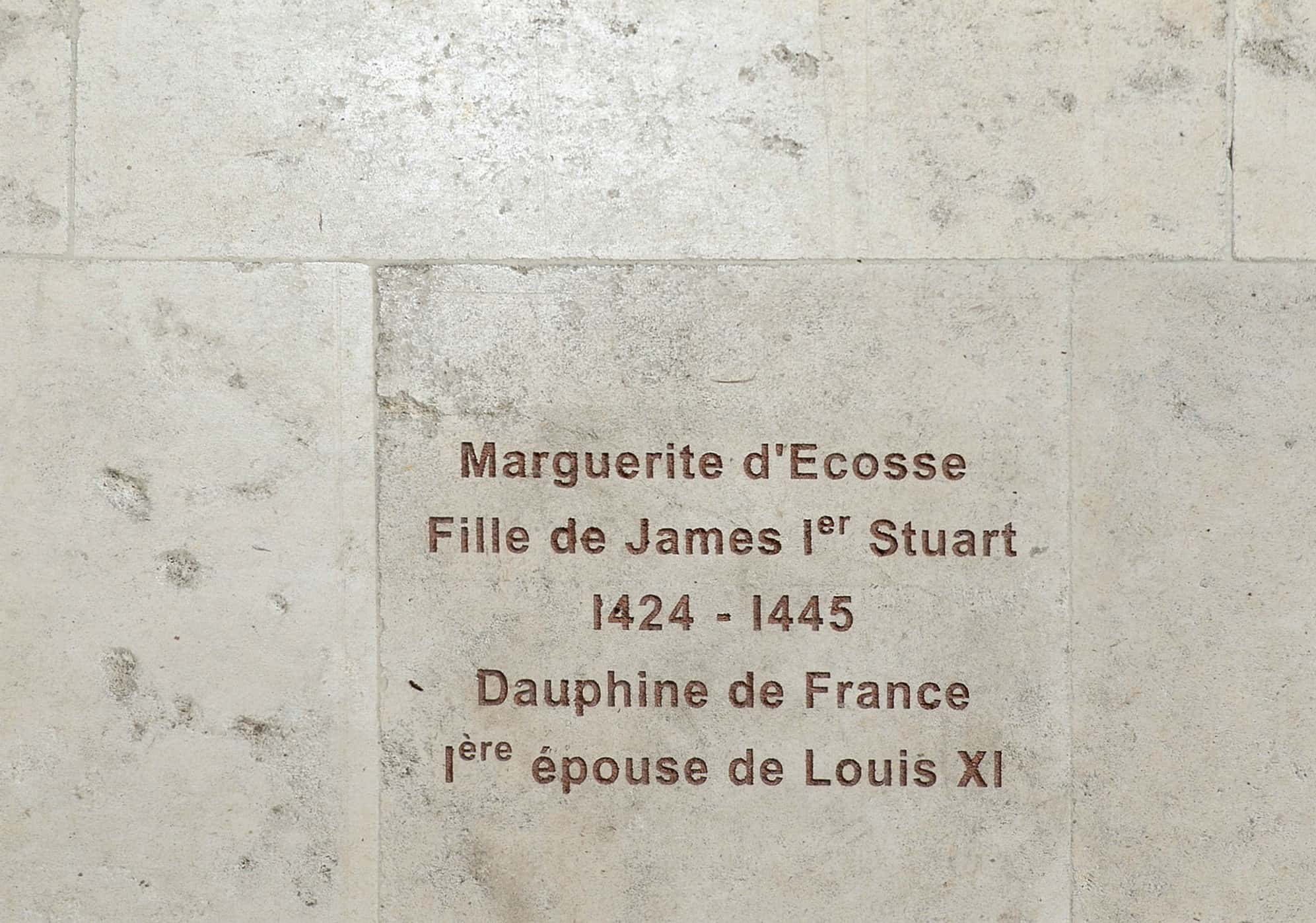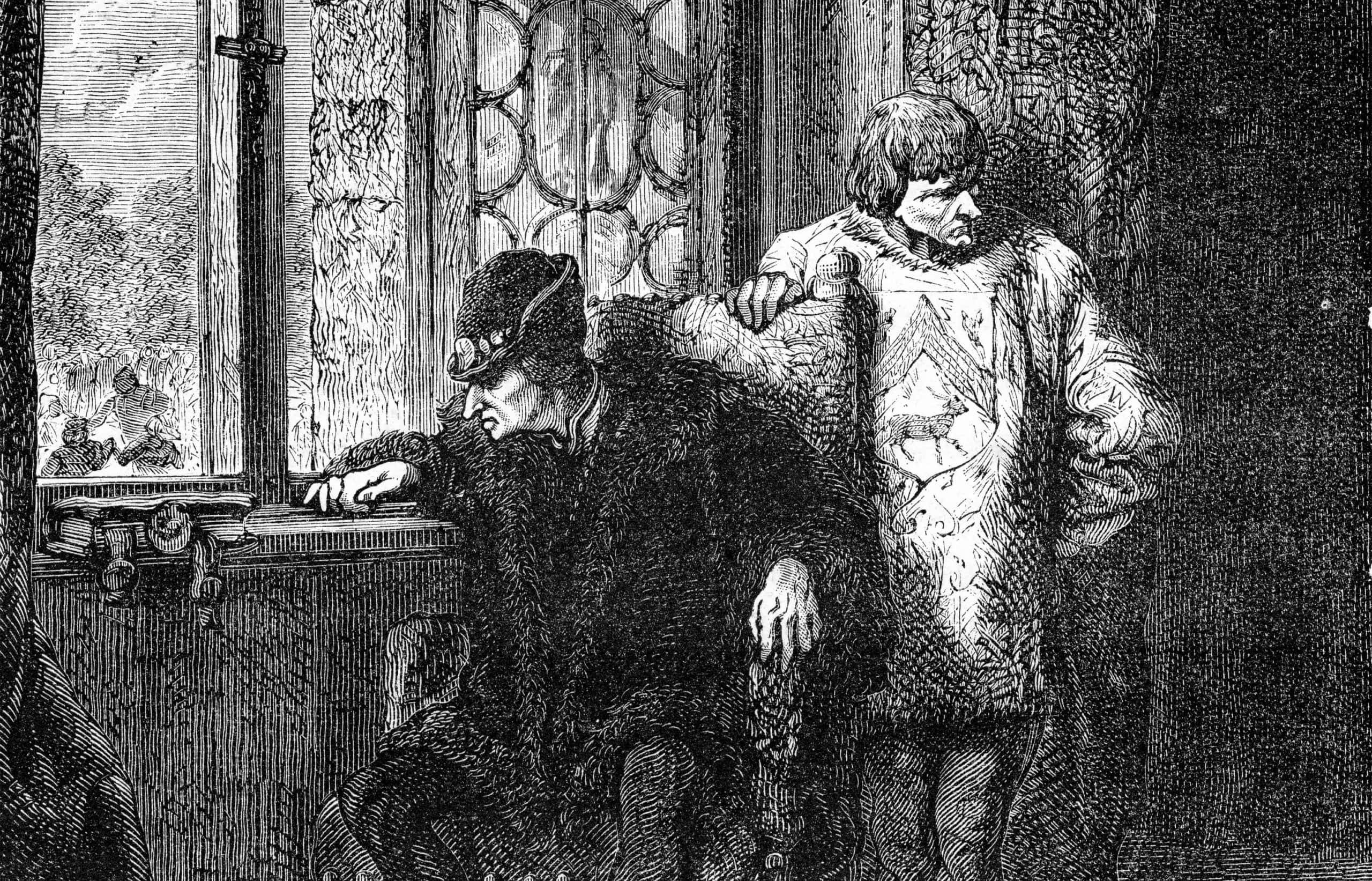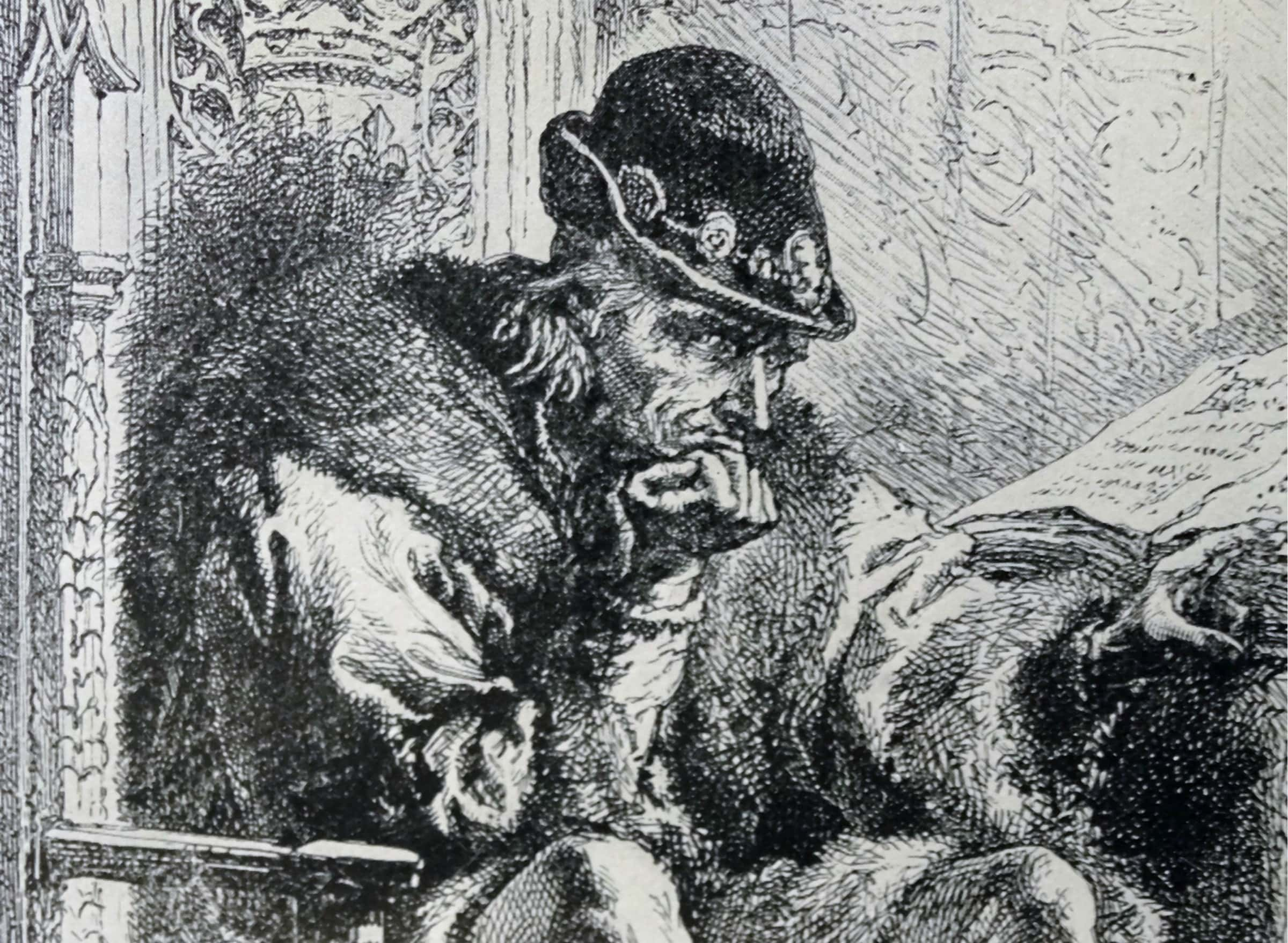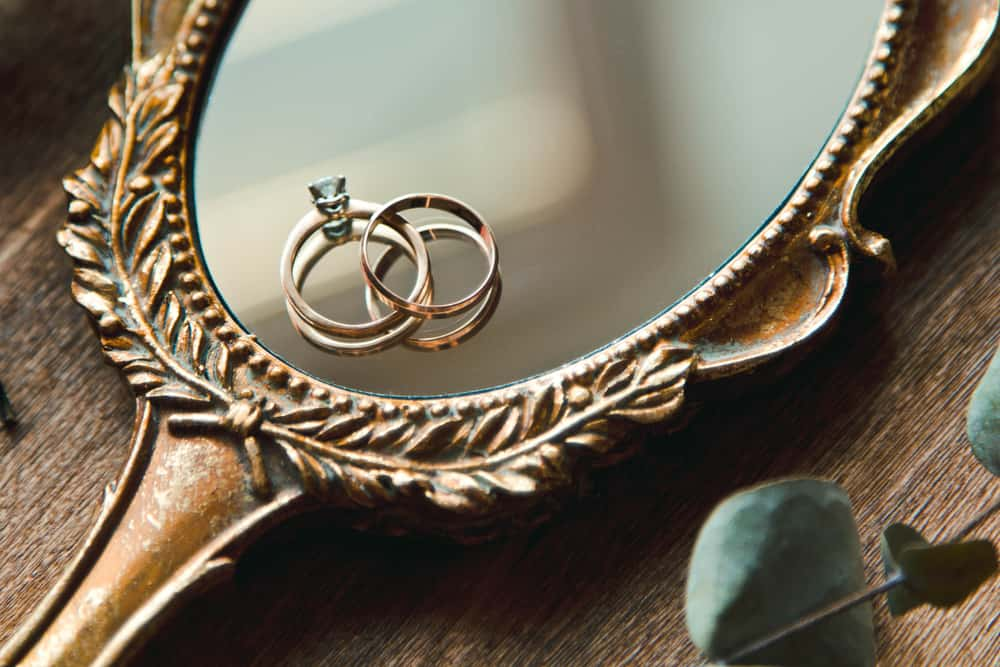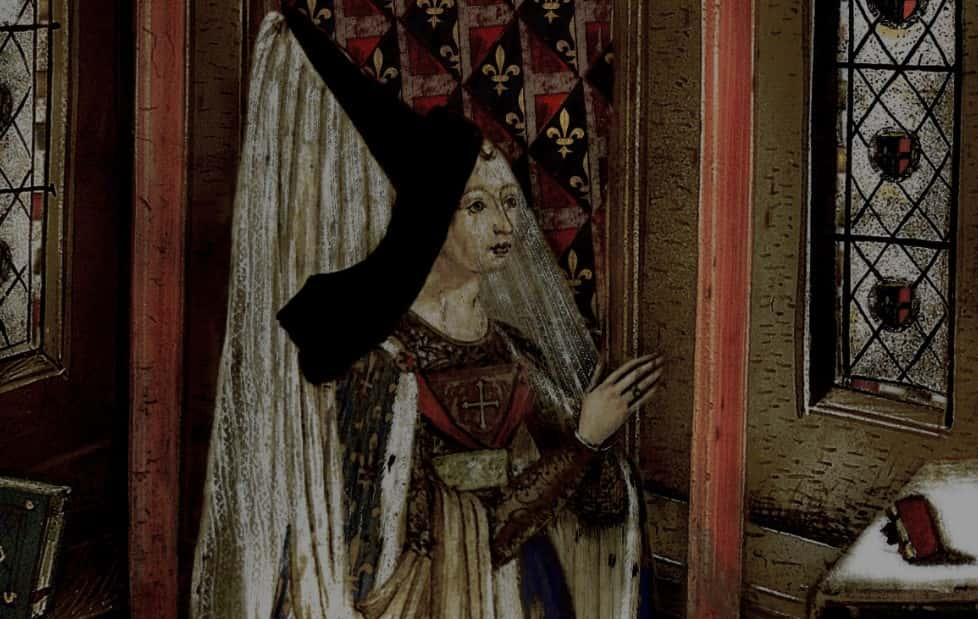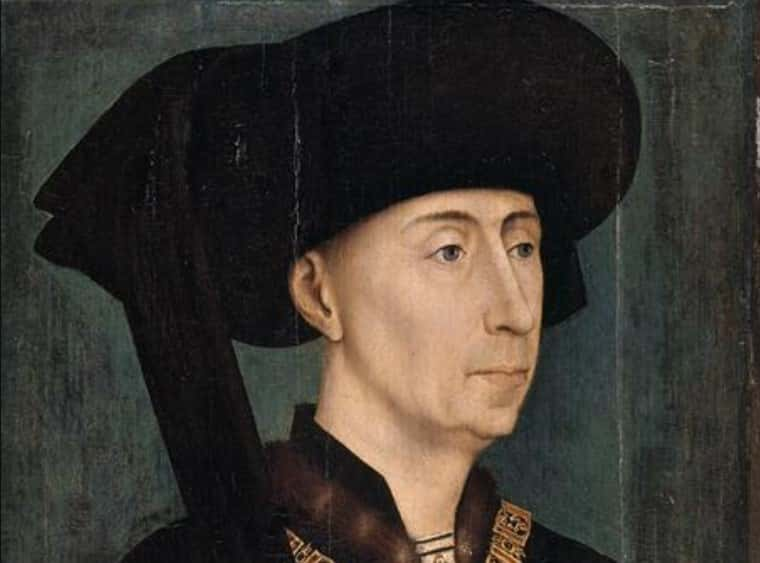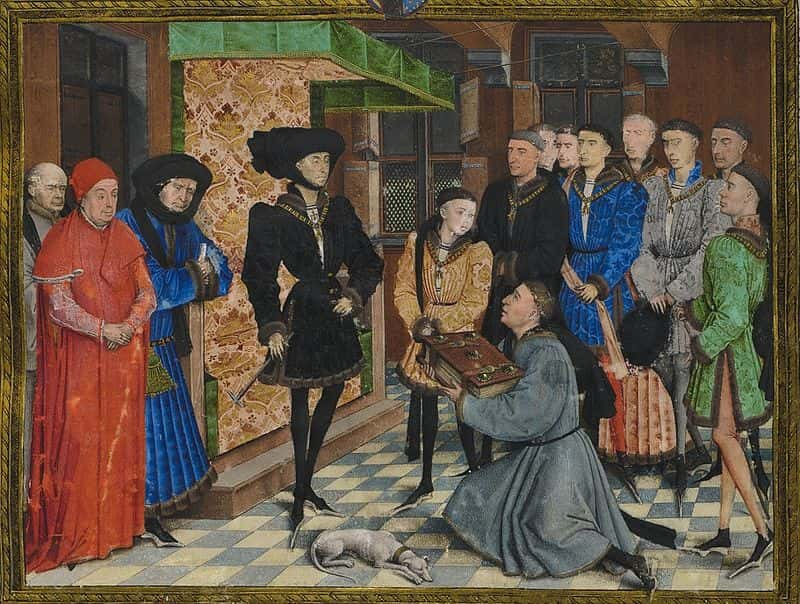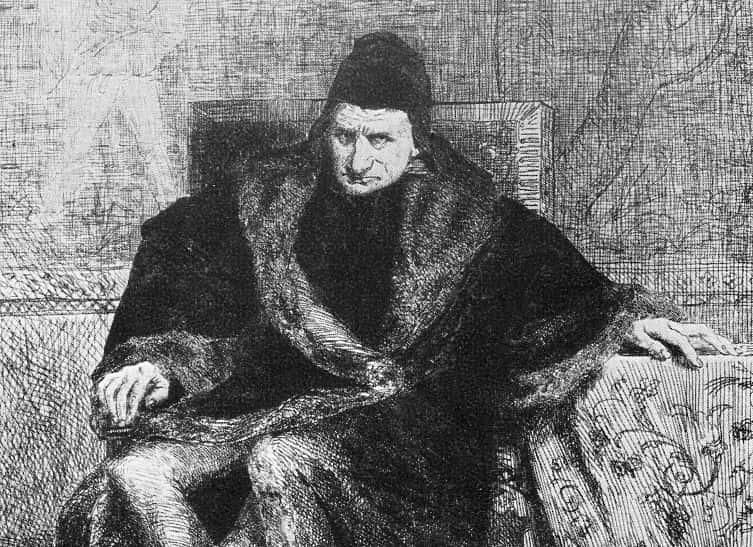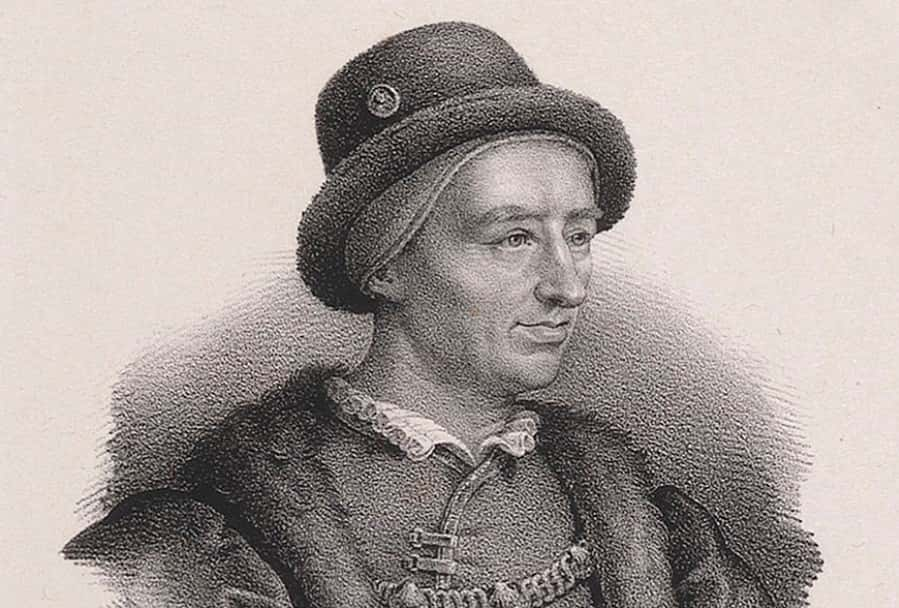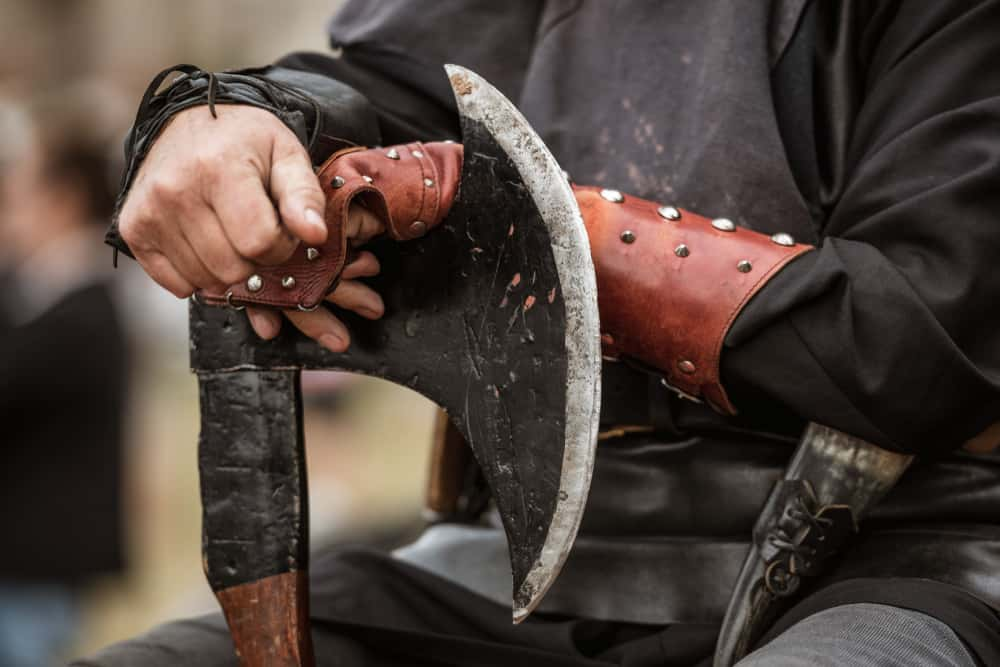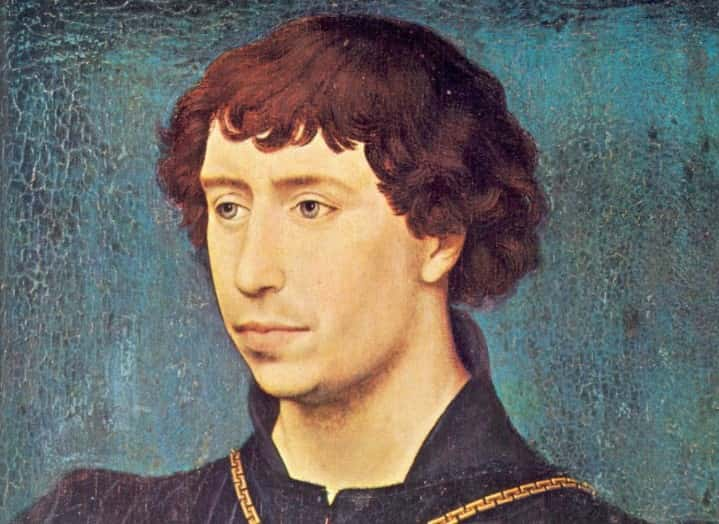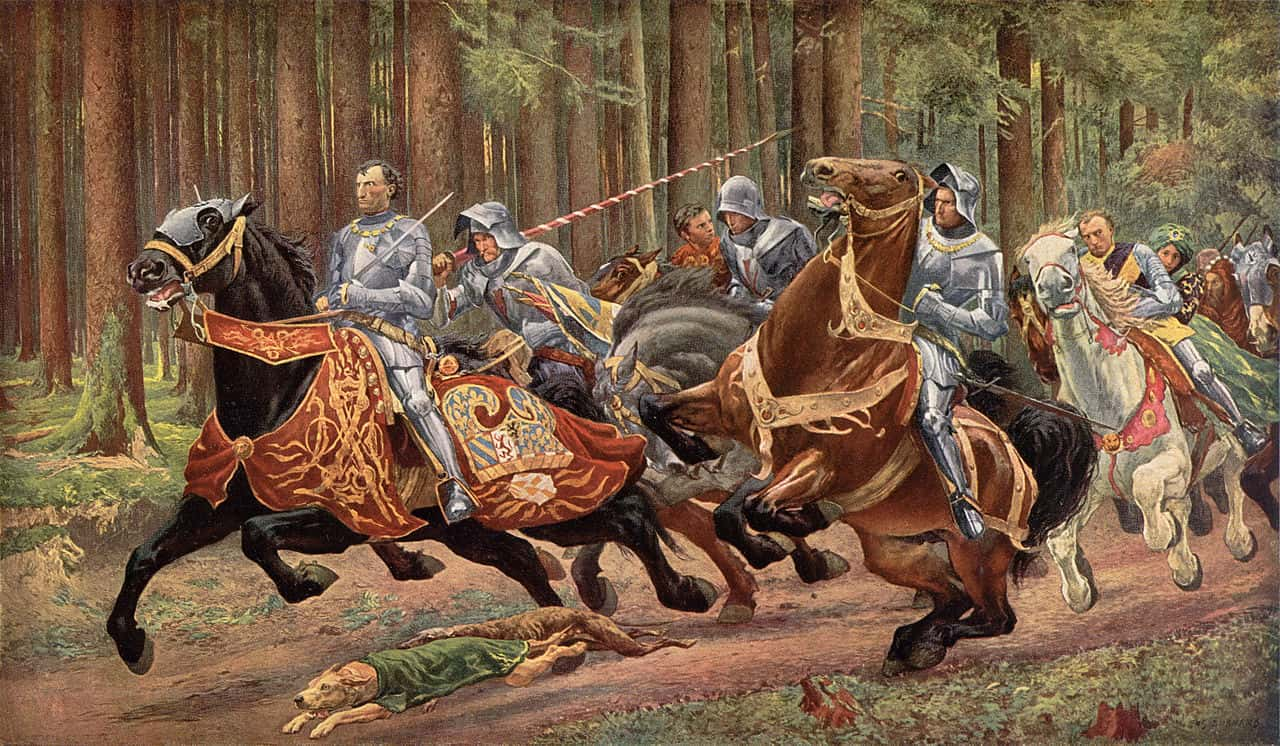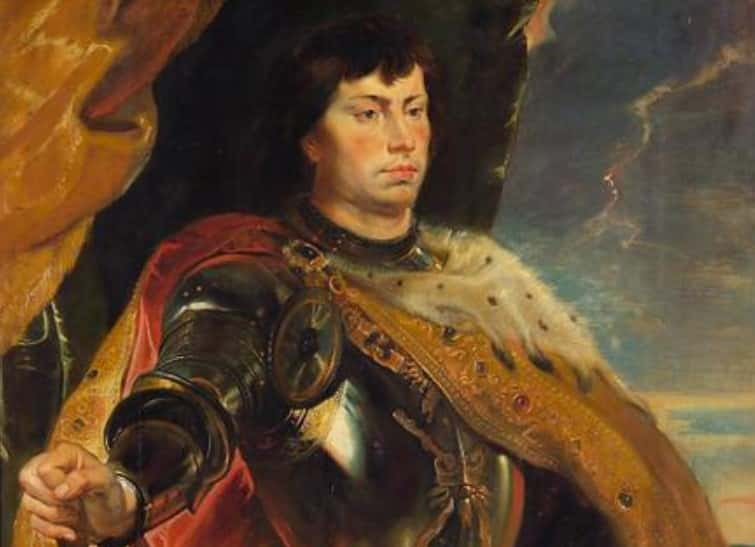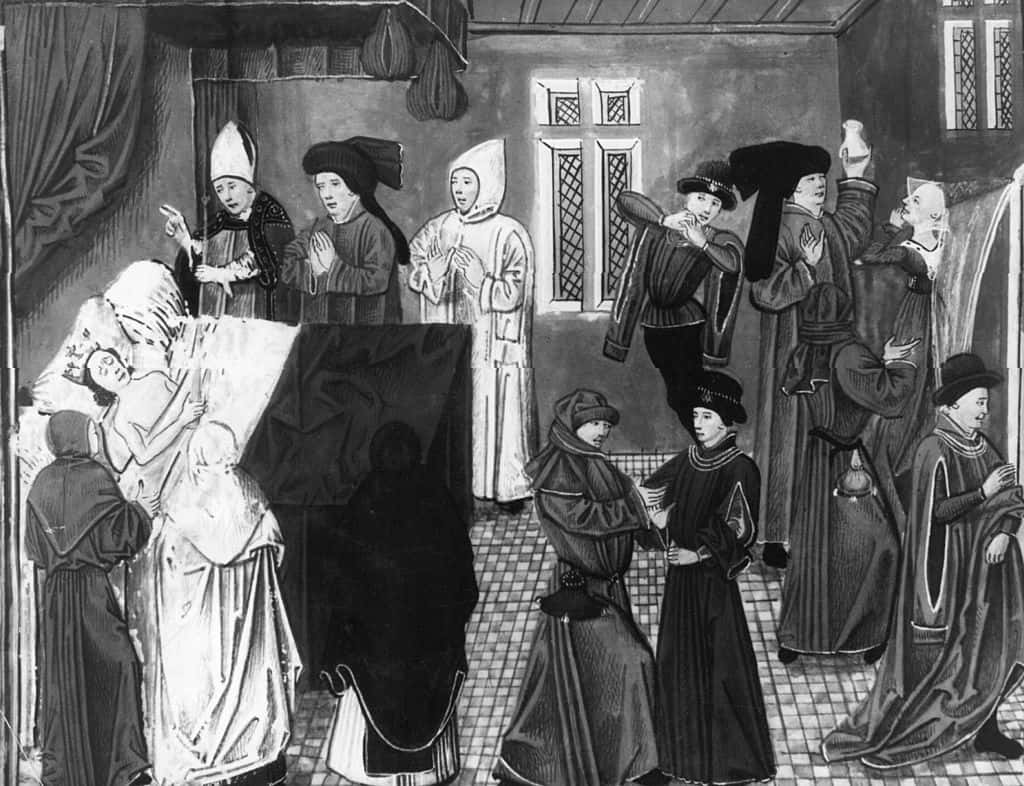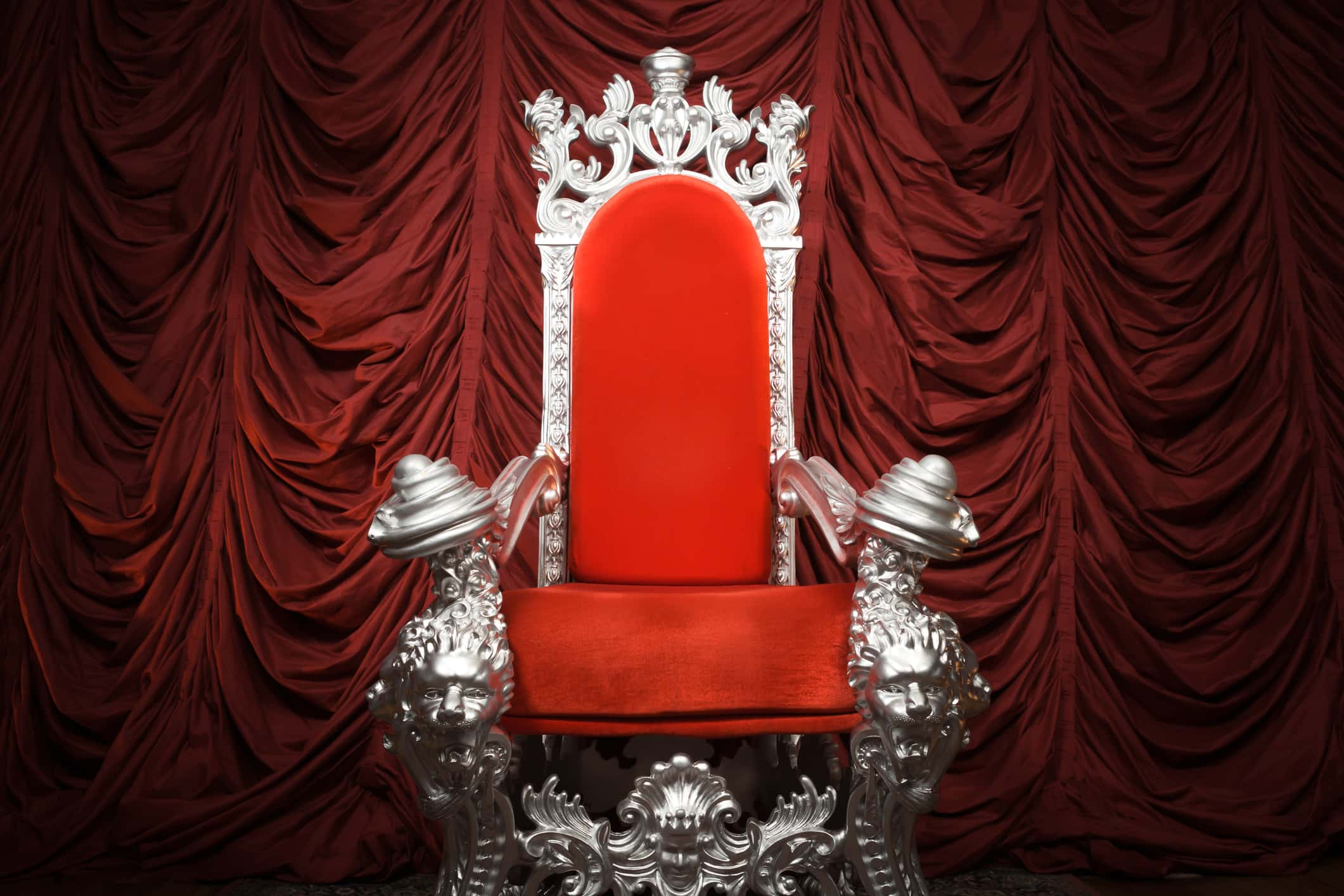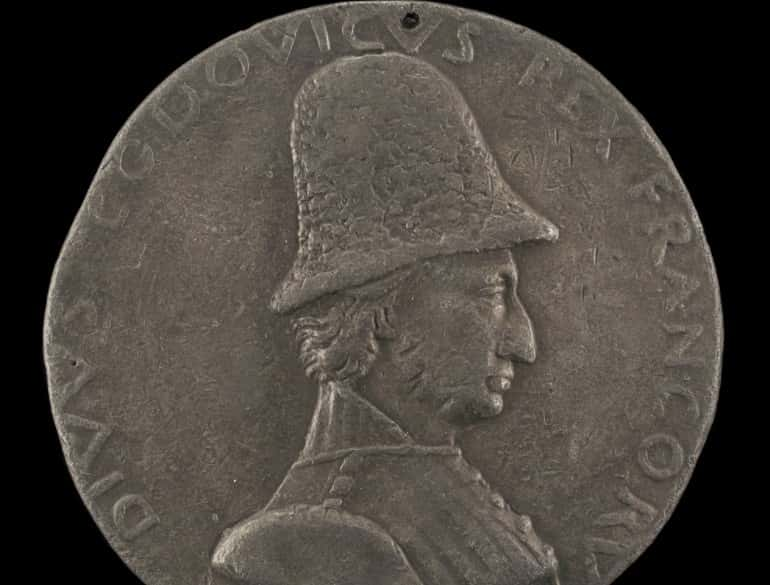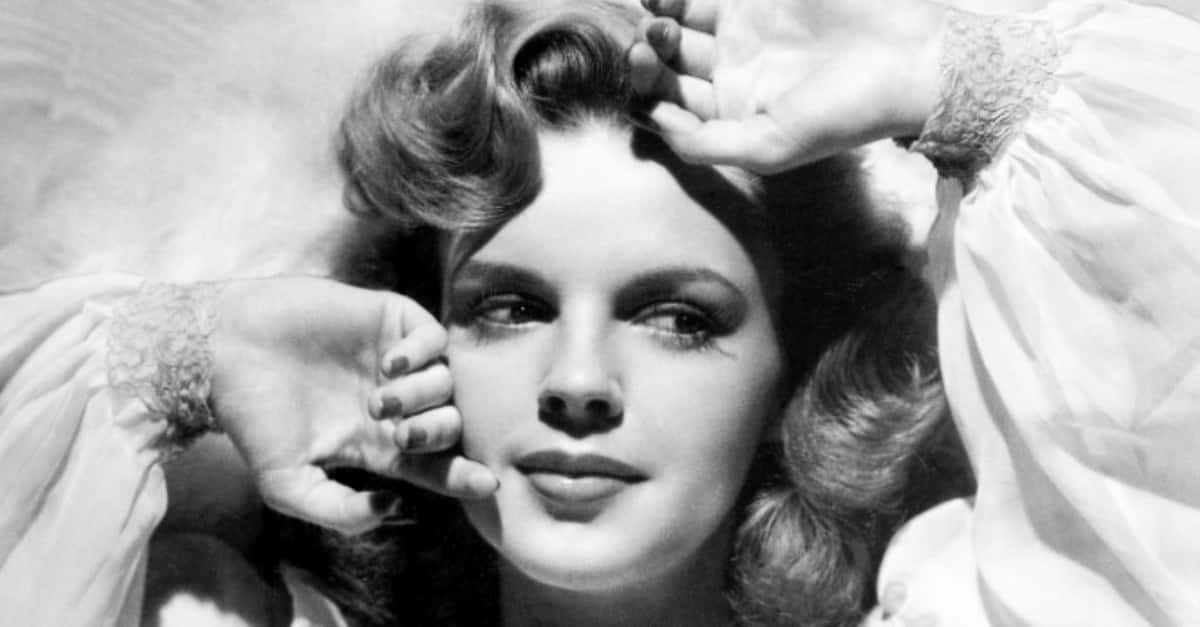The Spider King Of France
There have been some infamous rulers in history, but no one was more despicable than King Louis XI of France. Unfortunately for Louis’ many enemies, no one was smarter, either. He started out as a teenage terror of a prince, but his reign of horror only got worse from there. King Louis XI may have been the most brilliant and ruthless ruler in the history of France—but it was his own cunning mind that led to his brutal downfall.
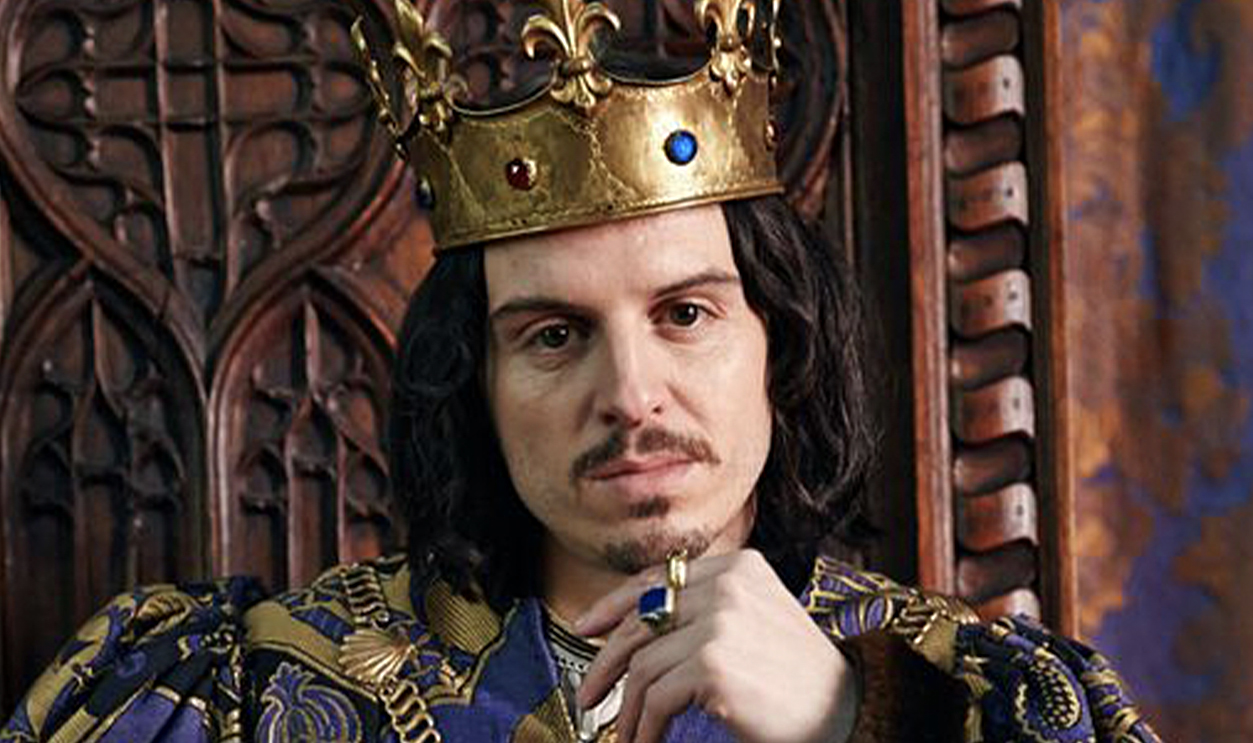
1. He Was A Mama's Boy
Maybe it’s no wonder Louis turned out so dysfunctional: He was spoiled from birth. Born in 1423, Louis was the eldest son and heir of Charles VII, the King of France, and his wife Queen Marie of Anjou. Everyone probably babied him from a young age, but Louis remained particularly close to his mother throughout his life. His father? Uh, not so much.
2. He Despised His Father
By the time Louis was a snot-faced 13-year-old, his father King Charles VII was already terrified of how intelligent his son was, and how volatile. The young Dauphin had a huge temper, and he often turned it toward his dear old dad. Louis thought Charles was a weakling, and quickly learned to despise him. As we’ll see, this would not go well for all involved.
3. He Was Locked Up
There may have been a dark reason for Louis’ early dysfunction. King Charles VII always feared for his young son’s safety in the face of France’s enemies, and he kept the prince locked away from prying eyes. Like, literally. Louis lived in Touraine castle in almost total isolation from when he was just a toddler until he was 10 years old. Let this be a lesson: Socialize your kids, people.
4. His Father Forced Him To Marry
In 1436, when Louis was still barely a teenager, he got another reason to hate his father. That summer, Charles betrothed him to the 11-year-old Princess Margaret of Scotland without asking his son’s opinion on the matter at all. It was the beginning of a nightmare. Reportedly, Louis entered the match determined to hate his wife…and well, you get what you put in.
5. He Was Still A Child
On June 25, 1436, Louis and Margaret married at the Castle of Tours in France—just one day after they met for the first time. I’ll level with you here: It was a total disaster. The bride was so young on her wedding day, she looked like a "beautiful doll" even next to the 13-year-old Louis, which isn’t exactly the best omen. Oh, but it got worse.
6. His Wedding Was A Big Scandal
Louis and Margaret’s fairy tale day definitely wasn’t a happily ever after. The ceremony was incredibly plain, especially for the lavish royal standards of the time. In fact, old King Charles seemed to care about it so little, he just threw on a pair of riding pants and called it a day. As one source put it, he "did not even bother to remove his spurs". The day was miserable—but Margaret didn't even know the French king's dark secret.
7. He Was Hiding A Big Secret
In reality, Louis was hiding something from Margaret the entire time they were at the altar: France was practically bankrupt, and his family barely had enough money to pay for the humble ceremony they did have. To make matters worse, his family kicked out all the Scottish guests immediately after they tied the knot because they simply couldn’t afford to house them anymore.
Scotland was not impressed…but poor Margaret was in for even more pain.
8. He Hated His Wife
Margaret was apparently so beautiful and so vulnerable, old King Charles VII couldn’t help but like her. He took her under his wing and developed a special, paternal relationship with the girl. Louis’ response couldn’t have been more disturbing. His father’s affection for Margaret only made him more determined to hate her. In other words, their relationship was off to a horrible start.
9. His Wedding Night Was Forbidden
Another kicker in Louis’ miserable marriage? Medieval doctors were queasy about how young the royal couple was, and they "advised against consummation" on the wedding night because of Margaret’s immaturity. Honestly, if medieval doctors are telling you that, you know it’s a big deal. But eventually, Margaret took matters into her own hands.
10. His Wife Was Scared Of Him
Surprisingly probably zero people at court, Margaret didn’t take much to Louis, either. Soon enough, she often vocally sided with her father-in-law instead of her husband, and some even said she liked to tie her corsets extra tight to avoid getting pregnant with Louis’ child. She might not have needed to worry, though: Louis had darker things on his mind.
11. He Rebelled Against His Father
As Louis grew into a lanky teenager, his temper and his vendetta against his father only grew worse. One day, it hit a violent climax. In 1440, a 16-year-old Louis gathered up a cadre of noble supporters and launched a literal rebellion against King Charles VII. Louis was chomping at the bit to gain absolute power—but it backfired right in his face.
12. He Experienced A Miserable Failure
Today, Louis’ revolt is called "The Praguerie," but it’s known as a colossal failure, not a resounding triumph. The nobility who supported Prince Louis were woefully unprepared to meet the might of a King of France, and Charles VII handily beat his son and the boy’s full-blown Oedipus complex. But then King Charles made his first big mistake.
13. He Had A Brush With Death
Maybe Louis was right after all about his father’s weakness, because the King found it in his heart to forgive his rebellious boy, and he let him keep his life. In fact, Louis got off from the whole debacle practically scot-free. This? Was a grave miscalculation. The prince had no intention of backing down, he just got a lot smarter about it. So when he hit his father next, it was below the belt…
14. His Father Disgusted Him
To be fair, Louis had some reason to despise his father. Around this time, King Charles VII had cast off Louis’ beloved mother Queen Marie of Anjou, and was completely obsessed with his mistress, Agnes Sorel. To add insult to injury, Agnes was just one year older than Louis himself—which, yeah, I’d be grossed out too. But that doesn’t mean she deserved what was coming.
15. He Scorned His Father’s Mistress
Agnes seemed tailor-made to attract Louis’ fury. Although she started as a lady-in-waiting to his mother, she soon held immense power over court. She also had a scandalous penchant for wearing extremely low-cut necklines that showed off…well, practically her entire chest. So when King Charles made her the first official royal mistress in French history, Louis pushed the moment to a crisis.
16. He Had A Violent Temper
Louis treated Agnes with utter disdain the entire time she was at court, disrespecting her and making it clear he considered her barely a rank above the dung on his shoe. Then one day, he flew into an infamous rage. According to contemporary reports, the surly prince once got so angry about the affair, he drove Agnes into his father’s bed at sword point, as if to mock her.
17. His Wife Suffered A Tragic Fate
While Louis was paying attention to his father’s mistress, he probably should have been paying attention to his own wife. In 1445, Princess Margaret met a tragic fate: At just 20 years old, she caught a fever that inflamed her lungs, and the poor woman passed in her bedchamber. Yet there is so much more to the heartbreaking story.
18. His Wife Made A Dark Confession
As Princess Margaret expired, she kept raving about two subjects. The first was her devotion to her beloved father-in-law King Charles VII, and the second was a curse on a strange man named Jamet de Tillay. Like so many things surrounding Louis XI, however, this curse contained a sordid, twisted history that had everything to do with her husband.
19. He Doomed His Wife
According to what historians have now uncovered, Jamet once accused Margaret of being a "wanton princess," and when these rumors of infidelity reached Louis, he hardly ever showed warmth to her ever again. It may have even been the keystone of their miserable marriage; when Margaret passed, she did so begging her husband to believe she was always faithful.
Whatever Louis felt about this—or, more likely, didn’t feel—has been lost to history. But he sure didn’t get any better.
20. He Was Power-Hungry
King Charles wanted desperately to mend fences with his son and heir, but there was one thing he would never give him: More power. Louis was bent on gaining more and more control of the country that was not yet his, but Charles, terrified of his own flesh and blood, kept saying "non". It was only a matter of time before it all unraveled.
21. His Father Exiled Him
Eventually, Louis made himself such a menace around the French court, his father put him in his place in a brutal way. Fed up with his son’s attitude, King Charles all but exiled Louis, sending the Dauphin to his own custom-made province of "Dauphine". Yeah, that’s how dysfunctional they were—Louis got voted off the island. But it was about to get a lot more dysfunctional.
22. He Held A Massive Grudge
No one could sulk like Louis XI, and when he got "sent to his island," he made sure his father regretted it, big time. As the years passed, King Charles softened his bitterness against his son yet again, and asked him several times to reconcile. Louis’ grudge, however, was as rock-solid as ever. The two never met again—yet Louis still got a vicious revenge. Several of them, actually.
23. He Hit His Father Where It Hurt
While in self-imposed exile in Dauphine, Louis took the opportunity to launch some long-distance intrigues on dear old dad, because this was not a man who knew how to slow his roll. But his most diabolical plan went even further than that. In 1450, many believe he got revenge on Agnes Sorel at long last…and it wasn’t pretty.
24. His Most Bitter Enemy Met A Suspicious End
When Agnes Sorel was just 28 years old, she was pregnant with the King’s child, Louis’ half-sibling. In February 1450, however, she took suddenly and suspiciously ill, passing on the 9th of the month. Although many at the time assumed she perished from dysentery, modern experts suggest the truth is much darker—and Louis is right in the middle.
25. He May Have Poisoned A Pregnant Woman
In 2005, a French forensic scientist examined the evidence and argued that Agnes didn’t perish from any natural causes, but instead suffered from mercury poisoning. While it’s true that many cosmetics of the time had mercury in them, it’s also entirely possible that someone intentionally poisoned her in order to remove her influence from court.
Suspect number one? Louis, of course. It was a new low, even for him, but this was just the beginning.
26. He Made A Shrewd Political Match
In 1451, Louis was single and ready to mingle. He betrothed himself to the noblewoman Charlotte of Savoy—and this was actually a brilliant revenge plan. The girl had serious connections in Italy, and Louis’ "romance" was a political maneuver to shore up even more power against, you guessed it, his dad. In fact, Louis married Charlotte without King Charles’ consent and totally against his wishes. And that wasn’t the worst part.
27. He Had A May-December Romance
Charlotte of Savoy may have been a powerful chess piece in Louis’ game of thrones, but I’ve got gross news for you: She was also barely aware of what was going on. The 27-year-old Dauphin’s new fiancée was just eight years old, and nine when they tied the knot in February 1451. Could this get creepier? Yeah, you bet it could.
28. He Neglected His Wife
True to his disturbing personality, Louis completely neglected poor Charlotte the moment he married her and got what he needed from her—i.e., her political connections. Since she was still, you know, a child, Charlotte probably didn’t mind this so much for the first little bit…but all that was about to change in a big way.
29. He Made A Great Escape
In 1456, King Charles VII once more had enough of his son’s major insults on his reign, and he sent an entire army in to help quell the Dauphin’s power-hungry grasping. Louis’ reaction was vengeance personified. He fled and sought asylum with his father’s greatest enemy: The independent rebel Philip, the Duke of Burgundy. And then it got real.
30. He Was A Total Fox
Of all Louis’ rebellions—and let’s face it, there were a lot—this one may have stung his father the most. Philip, meanwhile, acted completely smug about the family feud, and refused to hand Louis over when the apoplectic King Charles asked. In reply, the King warned his old enemy that he was "giving shelter to a fox who will eat his chickens". He…was not wrong.
31. He Became Paranoid
A bare three days after his hated father’s passing, Louis finally got everything he had schemed, conspired, and killed for. On July 25, 1461, he was now King Louis XI of France. Yet he paid a heartbreakingly high price. Not only had he trampled nearly everyone he knew to get there, his years of machinations left him with an incurable case of paranoia. And very soon, it started to show.
32. He Underwent A Strange Transformation
From the very beginning, there was something…different…about the new King of France. While Louis had once been gregarious and extravagant, he did an abrupt about-face as king, suddenly turning miserly. He also insisted on wearing threadbare clothes that made him look like a peasant, and he was constantly on the road, jittery and never staying in the same place for long. And that wasn’t all.
33. He Back-Stabbed His Closest Friends
As the early days of Louis’ reign ticked on, he grew more and more suspicious of everyone around him, and became secretive and reclusive as a result. Soon enough, he had fired or otherwise disposed of people who had once been his co-conspirators, dropping them like hot potatoes. After all, they had betrayed their previous king so easily. Heavy is the head that wears the crown…
34. He Made A Bizarre Deal
King Louis XI was incredibly interested in new scientific developments, but his passion grew to bizarre proportions. At one point, he even promised to pardon a man who was facing execution—on one strange condition. The king would only set the man free if he became a guinea pig for a gallstone operation. Thanks, I guess?
35. He Was "The Universal Spider"
Louis could trust no man from his past, present, or future—he could only trust himself. So, starting in 1464, he created a vast postal network...and its true purpose was dark. Louis actually wanted to make sure he had his own eyes and ears on everything in his kingdom, and the spy network earned him the name "The Universal Spider". And boy, did he fit it.
 Louis XI: Shattered Power (2011), Alchimic Films
Louis XI: Shattered Power (2011), Alchimic Films
36. He Wanted Absolute Control
Throughout these years, King Louis XI just had one thing on his mind. It was the same thing that was always on his mind: Power, power, and more power, and it was never enough. With his newfound crown, the edgy king started consolidating all of France under his absolute rule, taking away influence from major nobles at court. It would come back to bite him.
37. He Made A Powerful Enemy
In 1467, Louis XI made his most formidable enemy yet: Charles, the new Duke of Burgundy. Charles had just taken over from his father Philip, and while Burgundy had formerly been Louis’ ally, the new Duke in town was definitely not here to make friends. Charles was furious at Louis’ curtailing of his territories…and they soon locked into an infamous battle of blood and brains.
38. His Reign Almost Ended Violently
At the time, Louis was sneakily supporting the people of Liege in a conflict against Charles, but in 1468, the King and the young Duke met for a peace treaty. It couldn’t have gone more horribly. While they were in the same room together, Charles found out that Louis’ citizens had killed one of his men, and lunged at the ruler in a rage before the king’s guards detained him. If only that were the end of things.
39. He Was A Total Snake
A snake’s gonna snake, and King Louis XI knew how to use the situation to his advantage. To save face, Louis played at being humble in front of Charles, signing a "humiliating" treaty to apologize for the bloodshed. Then? Practically the minute he left, Louis turned around, declared the treaty invalid, and started building an army. And he swung that hammer down.
 Louis XI: Shattered Power (2011), Alchimic Films
Louis XI: Shattered Power (2011), Alchimic Films
40. He Won A Decisive Victory
By 1472, King Louis XI was hell-bent on destroying Charles, Duke of Burgundy, once and for all, and he did not come to play. Charles put up a valiant fight, laying siege to a smattering of towns, but Louis used all his might and made the upstart feel the divine wrath of God. When the summer came, it was all over but the crying.
On July 22, Charles begged for forgiveness, waved the white flag, and swore obedience. Louis had won yet again…but karma comes for us all.
41. He Dealt His Father A Cruel Betrayal
Louis' reaction to his father's end was probably his cruelest moment. In 1458, King Charles VII fell violently ill with a sore on his leg. The old king, still furious at his son but scared of the future, begged Louis to come to his bedside. Louis’ reply was so chilling, it’s impossible to forget. He not only refused, he jubilantly hired astrologers to pinpoint exactly when his father would pass. But when the end came, it was even more tragic than all that.
42. He Was Bitter Until The End
Somehow, Charles held on for two more grueling years, growing weaker in both his mind and his body, until he was nearly delirious. Yet he never stopped asking Louis to come to his deathbed, and Louis never stopped rebuffing him. Finally, on July 22, 1461, fully cognizant of his son’s final betrayal, Charles starved himself to death. Just guess how Louis reacted.
43. He Was In A Game Of Thrones
Where before nothing could get Louis to central France, he quickly changed that tune the instant he heard of his father’s last breath. Louis was desperate to get that sweet, sweet throne, and he was terrified someone else would try to claim the crown he fought so long and so hard to win. He hurried away immediately—but he forgot one big thing.
44. He Abandoned His Wife
Get this: Louis picked up and left so fast, he fully abandoned his teenaged wife Charlotte. In his desperate rush to get to his inheritance, he packed up all his carts and men and left her in Burgundy, forcing the new Queen to beg and borrow her own carts so she could tag along behind him. Unfortunately, this was just a sneak peek of his selfish, frenzied reign.
45. He Had A Hidden Illness
Starting in 1470, Louis’ health began to take a turn for the worse. He had suffered from nasty hemorrhoids for most of his adult life, but that year he experienced a particularly violent attack. It left him with a high temperature and pounding headaches that barely allowed him to ride a horse. It was perhaps the first harbinger of things to come.
 Louis XI: Shattered Power (2011), Alchimic Films
Louis XI: Shattered Power (2011), Alchimic Films
46. His Body Started Falling Apart
As Louis aged, the toll of his years of ambition, cruelty, and betrayal began to show on his face, his body, and his mind. He went bald in his 50s, illness plagued him most of the time, and his paranoia reached new heights as he began engaging in territory battles will-nilly near the end. It’s fitting then, that his cunning brain went first.
47. He Had A Swift Downfall
In February 1481, disaster struck the King of France. Louis XI, who had been declining in health and vigor for years, suffered a cerebral hemorrhage, and then experienced another one the following September. It was a devastating one-two blow, especially for a man who had won his whole life…and he did not take it well.
 Louis XI: Shattered Power (2011), Alchimic Films
Louis XI: Shattered Power (2011), Alchimic Films
48. He Became A Hermit
In the face of these hemorrhages, Louis seemed to regress to when he was an isolated, protected child. Where he once traveled across the country ceaselessly, even obsessively, and mingled with merchants, he now locked himself up in his castle and refused to appear in public, lest his citizens see how far he had fallen. Eventually, though, he’d have no choice in the matter.
 Louis XI: Shattered Power (2011), Alchimic Films
Louis XI: Shattered Power (2011), Alchimic Films
49. He Knew The End Was Near
In late August of 1483, King Louis XI, the Universal Spider of France, suffered his third and final brain hemorrhage. Sharp-witted even until the bitter end, Louis must have known the reaper was coming, because on August 30th, he called for a priest and asked for the sacraments; he passed that very evening. The man always did have good timing.
 Louis XI: Shattered Power (2011), Alchimic Films
Louis XI: Shattered Power (2011), Alchimic Films
50. He Changed France Forever
Louis XI spent his entire life fighting tooth and nail for every shred of power he could get his hands on, and his legacy—though dark—is still undeniable. He was one of the main forces that pushed France into the light of the Renaissance, and his central systems of power shaped French monarchy up to the Revolution. But I still have to ask: At what cost?


